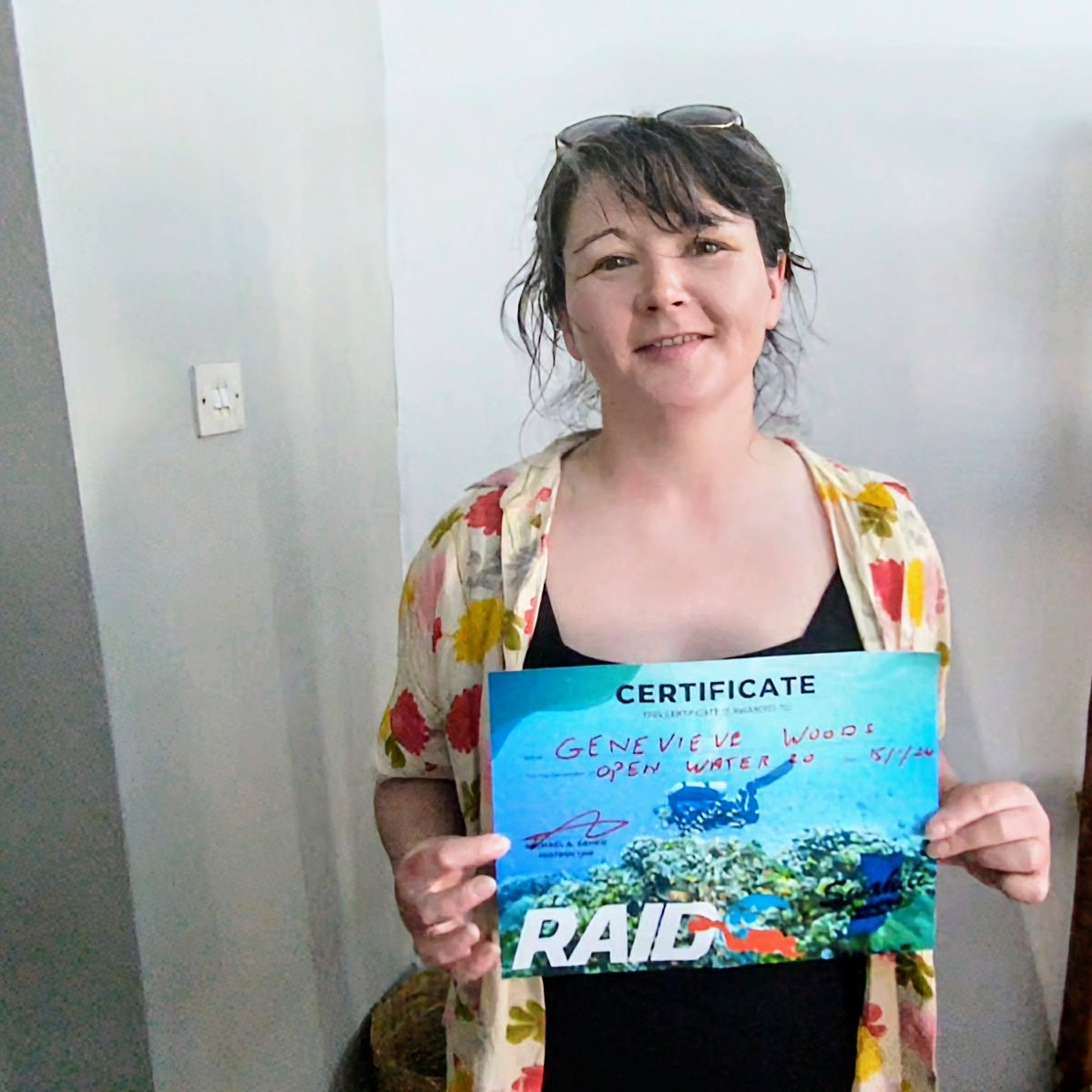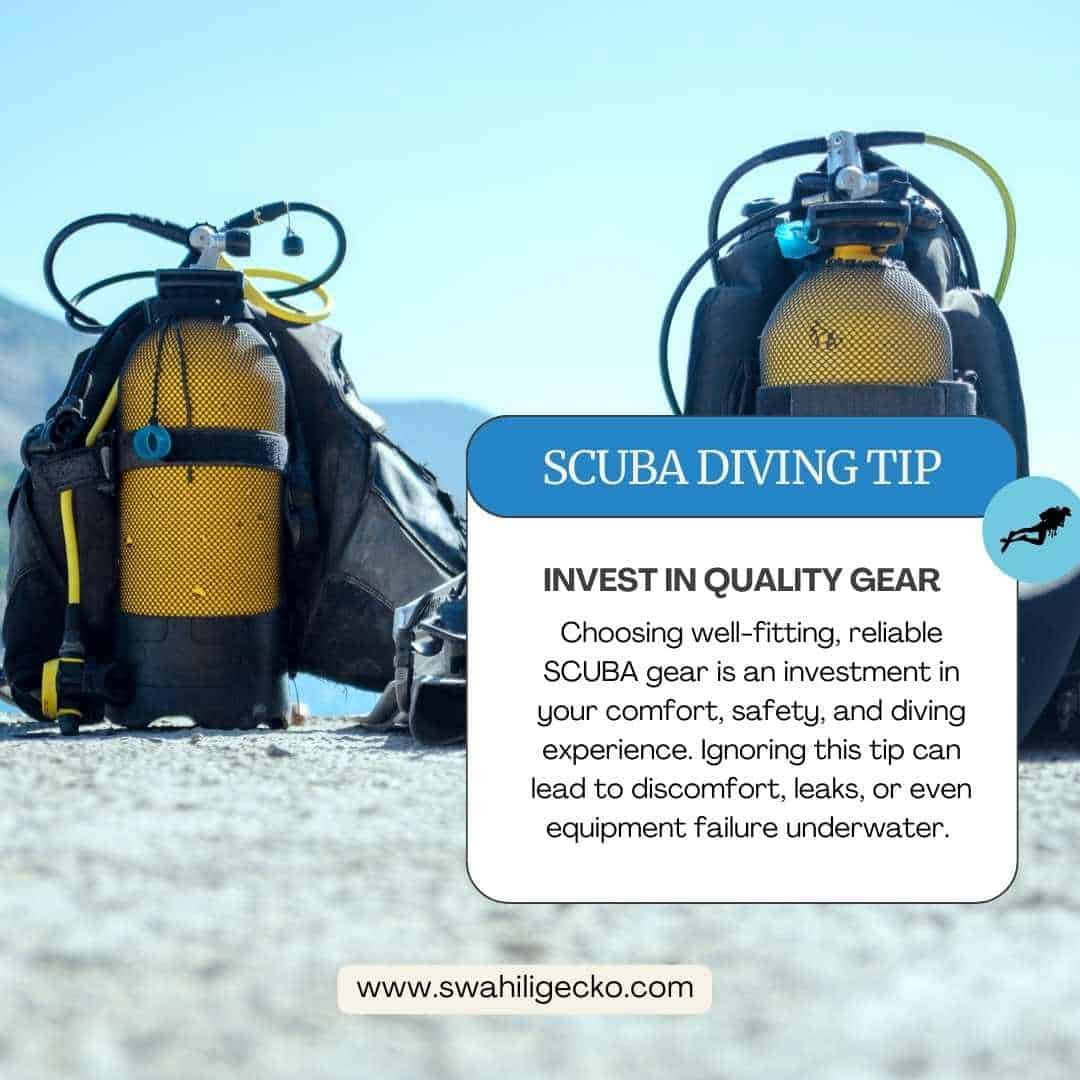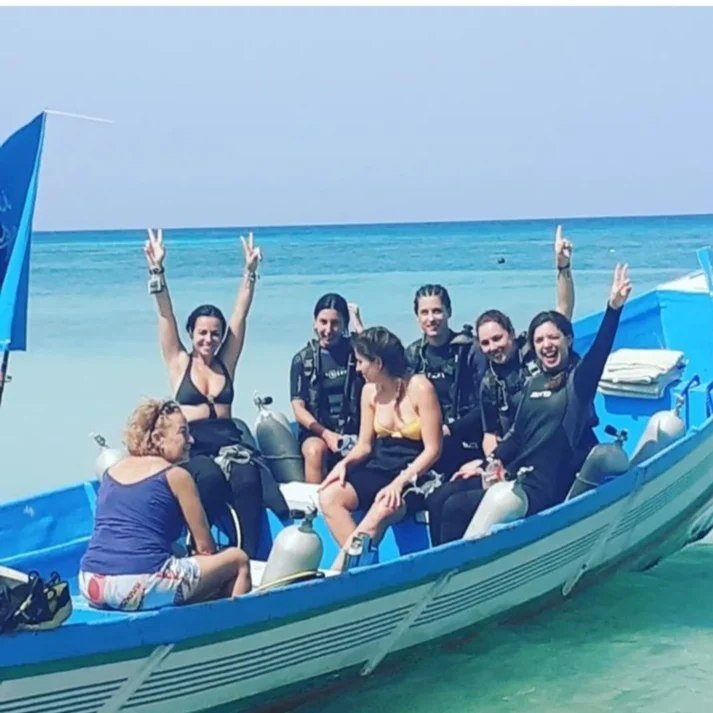Every Essential Equipment for Scuba Diving: A Complete Guide
This article breaks down every essential equipment you’ll ever need for scuba diving.
If you’re a beginner scuba diver you should have a solid understanding of all the basic and advanced equipment involved, before you hit the shops.
After dedicating over 4 decades of my life to exploring the world of water, I’ve seen firsthand how bad things can get when you do not master every inch of your dive equipment.
So, let's talk gear. Having the right stuff makes ALL the difference, so let's break it down.
The Essential Gear: Your Scuba Starter Kit
Every Essential Scuba Diving Equipment: Overview.
| Equipment Category | Equipment Item | Description |
|---|---|---|
| Exposure Protection | Wetsuit | Neoprene suit for insulation in varying thicknesses for different water temperatures |
| Exposure Protection | Drysuit | Completely waterproof suit for extreme cold water diving |
| Exposure Protection | Hood | Neoprene hood to keep the head warm |
| Exposure Protection | Gloves | Neoprene gloves to protect hands and maintain warmth |
| Exposure Protection | Booties | Neoprene boots for warmth and foot protection |
| Visibility & Safety | Mask | Provides clear underwater vision, must have a watertight fit |
| Visibility & Safety | Snorkel | Allows breathing at the surface without lifting your head |
| Visibility & Safety | Dive Light | Essential for night dives, adds visibility and reveals true colors in deeper water |
| Flotation Control | BCD | Inflatable vest-like device to control buoyancy (floating, sinking, neutral) |
| Flotation Control | Weights | Lead weights worn on the BCD or weight belt to offset buoyancy |
| Breathing | Regulator | Converts high-pressure tank air to breathable pressure |
| Breathing | Tank | Holds compressed air supply for the dive |
| Monitoring | Dive Computer | Tracks depth, dive time, decompression limits, and other vital safety information |
| Monitoring | Pressure Gauge | Monitors remaining tank air pressure |
| Navigation & Safety | Compass | Helps with underwater navigation and orientation |
| Navigation & Safety | SMB | Inflatable buoy deployed before surfacing to signal location to the boat |
| Navigation & Safety | Dive Knife/Multi-tool | Cutting tool for entanglement emergencies and minor adjustments |
| Movement | Fins | Foot attachments for efficient propulsion underwater |
These are the absolute must-haves for every single dive, beginner or advanced:
Mask:
Your Underwater Eyes We're not talking cheap pool goggles here! Your mask has to fit your face perfectly, like a second skin. If it's too loose, you'll be fiddling with it all the time and miss out on the amazing sights.
Getting the right equipment is essential, so check out these scuba diving tips for beginners
If you wear glasses, no worries – they even make masks with prescription lenses!
Look for a silicone skirt (the soft part), tempered glass lenses, and an easy-to-adjust strap for the best comfort and durability.
Fins:
Gotta Get Moving! and you can’t have floppy flip-flops down there. Fins are specially designed for underwater movement, making kicking and exploring way easier.
Start with full-foot fins (the ones that slip on like shoes). These are great for warm water and beginners. For colder dives or if you want more power, check out open-heel fins that you wear with dive booties.
Talk to your local dive shop for personalized recommendations based on your style.
Snorkel:
For Catching Your Breath. Think about the moment when you’re bobbing along the surface, watching for a good spot to start your dive. That's what a snorkel's for – breathing without having to lift your head constantly.
Look for one with a:
Comfortable Mouthpiece: This makes a huge difference! Get a snorkel with a soft, flexible silicone mouthpiece that feels good in your mouth.
Clearing Water: Look for snorkels with a purge valve. This lets you easily blow out water that sneaks in without having to lift your head.
Exposure Suit:
Your Underwater Hug: Call it a wetsuit, call it neoprene – it keeps you warm underwater.
Wetsuit or Drysuit? Wetsuits are the most common – made of neoprene, they trap a thin layer of water close to your body, which warms up.
Different thicknesses offer varying levels of insulation, so pick based on your usual dive locations.
Drysuits are for seriously cold water – they keep you completely dry, but they're an advanced investment.
If you're planning some serious cold-water dives, this article on the best places to visit in Africa might help you narrow down your incredible dive destination choices.
BCD:
No Accidental Pops or Drops: Your BCD is like a special inflatable life jacket. It controls whether you float at the surface, stay neutrally buoyant during your dive, or sink slowly. Plus, it has pockets for weights, which are essential gear for scuba diving.
Features to Look For: Make sure your BCD is comfortable, has easy-to-use controls, and has enough integrated weight pockets or a weight belt system to suit your needs.
Regulator:
Breathing Made Easy. It may sound complicated, but the regulator just takes that high-pressure air in your tank and makes it breathable.
You'll have a main regulator and an alternate one to share air with your buddy in case of an emergency.
Reliable and Easy to Operate: Get familiar with how your regulator setup works, where to find the alternate, and how to clear any water that gets in. A dive shop can help make sure it's easy for you to use.
Tank:
This is your Personal Air Supply. That big metal thing on your back is where all the air you'll be breathing comes from. Different sizes mean you get to choose how long you stay down.
Want to know what else goes into planning a dive trip? This article about how long scuba certification lasts has some great info.
The bigger the tank, the longer you can stay underwater. Aluminum tanks are common, but steel tanks are also available. Ask a dive professional about what size is right for most of your dives.
Fun fact: Scuba tanks are mostly filled with regular air just like the stuff we breathe on land, only filtered and under pressure.
Leveling-Up Gear: "This Makes Life SO Much Easier"
These aren't absolutely necessary on day one, but believe me, you'll want to add them soon enough:
Dive Boots: Warm Toes, Happy Diver
Your boots provide comfort and function as you dive. Warm feet make the dive way more enjoyable. Plus, boots protect against blisters from fin straps and make walking awkwardly on boats less of a balancing act!
Choosing the Right Boots: Look for a snug fit (too loose and they fill with water), and enough thickness for the water temperatures you'll be diving in.
Consider the climate carefully when planning your trip – our Weather Guide for Diving in Tanzania has helpful information.
Dive Gloves: Protecting Your Hands
Warmth and Grip: Nobody likes frozen fingers out there! Even in warmer water, gloves add a layer of warmth and make handling gear easier.
Gloves shield your hands from scratches or stings when exploring reefs or wrecks.
Choosing Gloves: Consider the thickness based on water temperature and whether you need the extra grip for things like underwater photography.
Defogger: No More Fogged-Up View
This little bottle of anti-fog solution is a lifesaver. Just a few drops keep your mask from steaming up, so you don't miss a second of the underwater action.
Pro Tip: You can try the old-fashioned spit method of defogging, but a dedicated solution usually works better and lasts longer.
Dive Computer: Your Tiny Underwater Coach
The dive computer is an essential safety tool for scuba diving or any other type of diving, that I would recommend even for beginner divers.
A dive computer tracks your depth, how long you've been down, how quickly you're ascending, and even calculates things like your no-decompression limits (how long you can stay down without needing decompression stops).
Before your first dive, make sure you fully understand how your particular dive computer works and what information it provides.
User-Friendliness is Key: Choose a computer with a large, easy-to-read display, intuitive buttons, and features that match your diving style and experience.
SMB (Surface Marker Buoy): This Is Where I Am!
Is scuba diving safe? Good question. The answer is Yes — if you follow the many safety measures we’re sharing in this article. Your Surface Marker Buoy is a crucial diving equipment that helps your boat know where you are.
You inflate and release this brightly colored buoy before surfacing, making it way easier for the boat to find you. A non-negotiable safety device.
Deployment Tips: Practice deploying your SMB before serious dives, so you're comfortable with the procedure when it counts.
Dive Knife or Multi-Tool: Just In Case
Rare But Necessary!
While the odds of needing it are low, what if you get tangled in fishing lines or debris underwater? A dive knife can get you free in an emergency.
Even experienced divers face unexpected situations, so it's important to be prepared – check out this article on the risks of scuba diving for other safety considerations.
Multi-Tools Offer More: Many dive tools have extra features like screwdrivers for gear adjustments, small saws, or even tank bangers to get your buddy's attention.
Beyond the Basics: Gear for the Experienced Diver
Once you have a few dives under your belt and know what you love, consider these upgrades:
Dive Lights
Night dives are absolutely mind-blowing! It feels like visiting a completely different planet, and you see creatures you'd never spot in the daytime.
Dive sites around the world offer incredible experiences – check out these amazing photos of the best scuba diving places in the world.
Even on day dives, a dive light brings out the amazing colors of reefs and fish that get washed out by the water as you go deeper.
Compass: Don't Get Lost Down There!
Feeling Like an Explorer: Learn some basic underwater navigation, adding a whole new dimension to your dives.
Find hidden dive spots, or make sure you always know the way back to the boat!
Dry Bag: For Soggy-Free Snacks
Use a dry bag to protect your valuables as you dive: Phones, wallets, cameras, dry snacks – a good dry bag keeps them safe and dry between dives, and even during transport to and from the boat.
Make sure you have the right gear for your African adventures – check out these mini-fans and waterproof bags that are perfect for African travel.
FAQs About Equipment for Scuba Diving
Let's tackle those common questions that might be swirling around:
What's the difference between all the BCD styles?
Back-Inflate: Super streamlined, popular with experienced divers who like a minimalist feel.
Jacket-Style: More like a traditional vest, comfortable for beginners or those who prioritize surface stability.
Hybrids: Offer the best of both worlds, balancing streamlined design with more surface support.
Do I need my own dive computer right away?
It's Highly Recommended: While dive guides will have computers, owning your own lets you personalize settings, track your dive history, and understand your limits.
Should I rent or buy my gear?
Renting Makes Sense When Starting: It lets you experiment with different equipment and sizes to find what works best for you.
Renting is also a good option for occasional divers or those who travel frequently for dives.
Benefits of Owning Gear: Having your own properly fitted equipment is more comfortable and convenient. Owning also makes it easier to maintain a regular dive routine.
How much weight will I need to scuba dive?
This depends on a few factors like your body type, the thickness of your wetsuit, and the water density (saltwater is denser than freshwater).
Most dive centers will help you weigh yourself down for proper buoyancy during your certification course. As a general rule, you want to be slightly negatively buoyant at the surface and neutrally buoyant underwater.
How do I care for my scuba gear?
Rinse After Every Dive: This removes salt, sand, and any chlorine from pool dives, which can damage the equipment over time.
Dry Thoroughly: Don't leave your gear damp! Hang it up in a cool, shaded area to dry completely before storing it.
Regular Maintenance: Take your regulator and BCD in for professional servicing at recommended intervals. This ensures they function safely and efficiently.
What other optional gear should I consider?
Dive Watch: While a dive computer offers more features, a dive watch with a depth gauge and elapsed time bezel can be a reliable backup.
Dive Fins: These small, fin-like attachments for your hands improve maneuverability and stability, especially useful for underwater photography or videography.
Dive Skin: A thin, stretchy layer worn under your wetsuit provides additional warmth and UV protection in warmer waters.
Mesh Bag: This helps you carry all your gear efficiently, keeping it organized and preventing tangled fins.
Remember: Safety is always the top priority in scuba diving.
Get properly certified by a reputable dive agency, go diving with a buddy, and be honest about your experience level when choosing dives and equipment.
Want to know more about how long your certification is valid? Check out this article on how long scuba certification lasts.
Time to Go Diving.
Eager to Join a Group Dive?
Book a fun and explosive group dive excursion with our expert trainers at the Swahili Divers Center on Pemba Island, Zanzibar.
There you have it! With the right equipment and knowledge, you're well on your way to experiencing the incredible underwater world, and there are some truly special places along the East African coast.
Check out our picks for the best scuba diving sites in Africa.
Remember, the most important piece of scuba equipment you can have is a sense of wonder. The underwater world is waiting to be explored!
Okay, now you know everything about the gear! It's time to start planning your adventures. Just a final reminder: Be safe, respect the ocean, and have the most amazing time exploring!
Is Zanzibar calling your name? Find out if it's the perfect vacation spot for you!

"We enjoyed some wonderful dives with Swahili Divers during our holidays in Pemba this July/August. Mike and the team are very professional, and always ready to support and find solutions. The dive sites are very diverse and can be used for junior open water divers up to very experienced ones. That means shallow water to super nice wall dives. Thanks for the wonderful time with you!! "
Regards, Nicole & Patrick and the 3 kids;-)

"I came to Pemba to see the coral. It was beautiful, in good condition, and full of fish and nudibranchs. The diving staff of Swahili divers are all excellent. Equipment was all included and was spot-on. My partner completed her Open Water certification in a few days and we were both totally satisfied."
Evo S.











